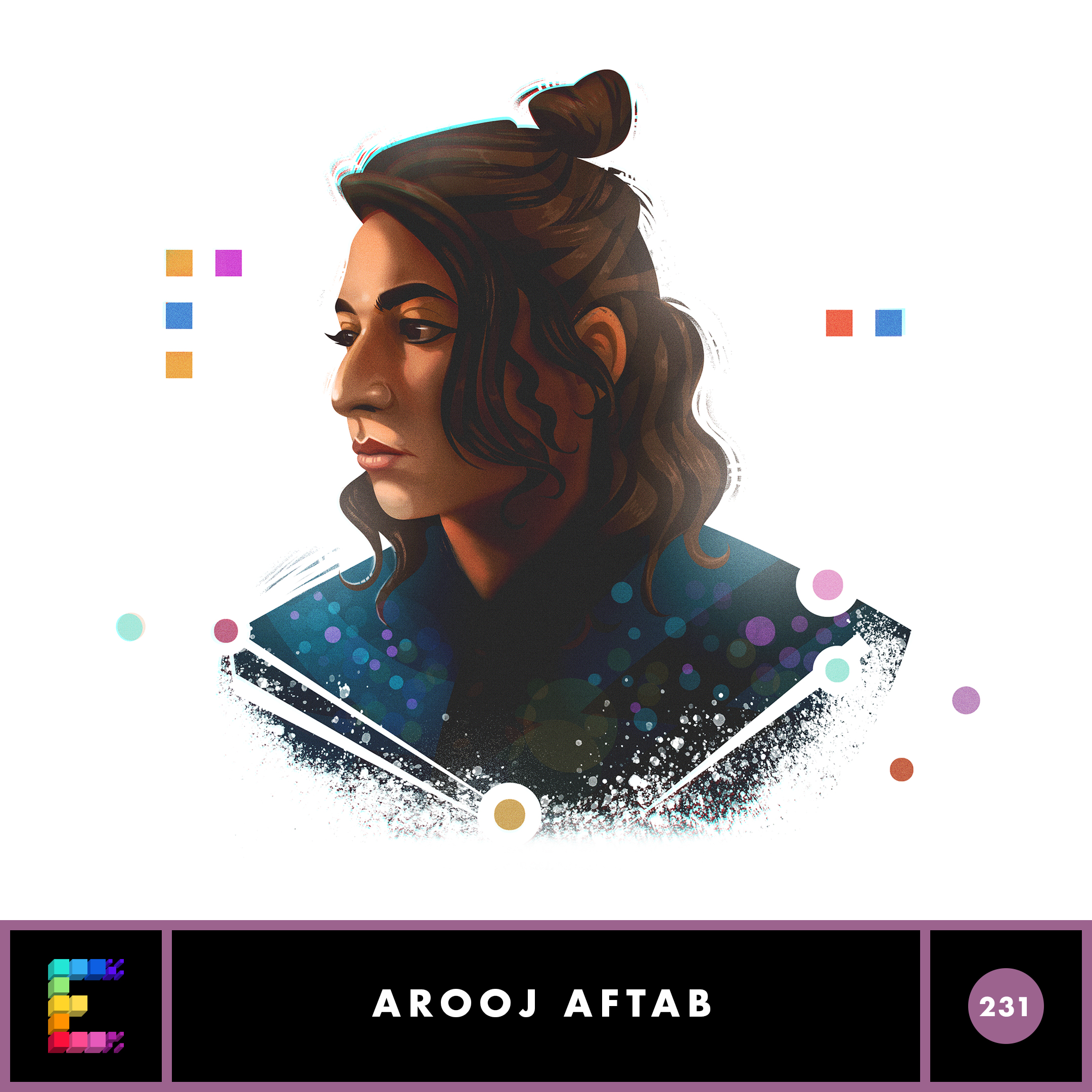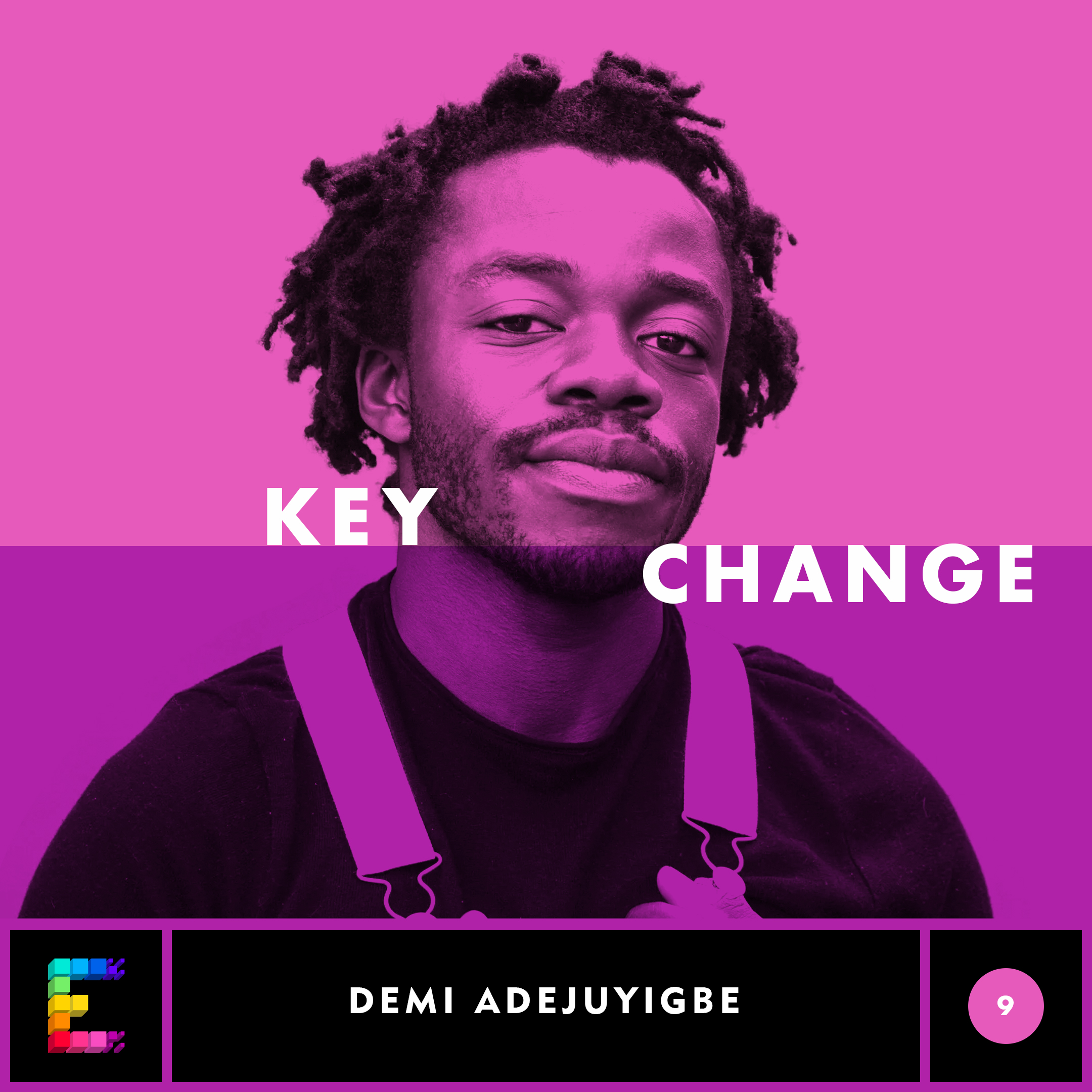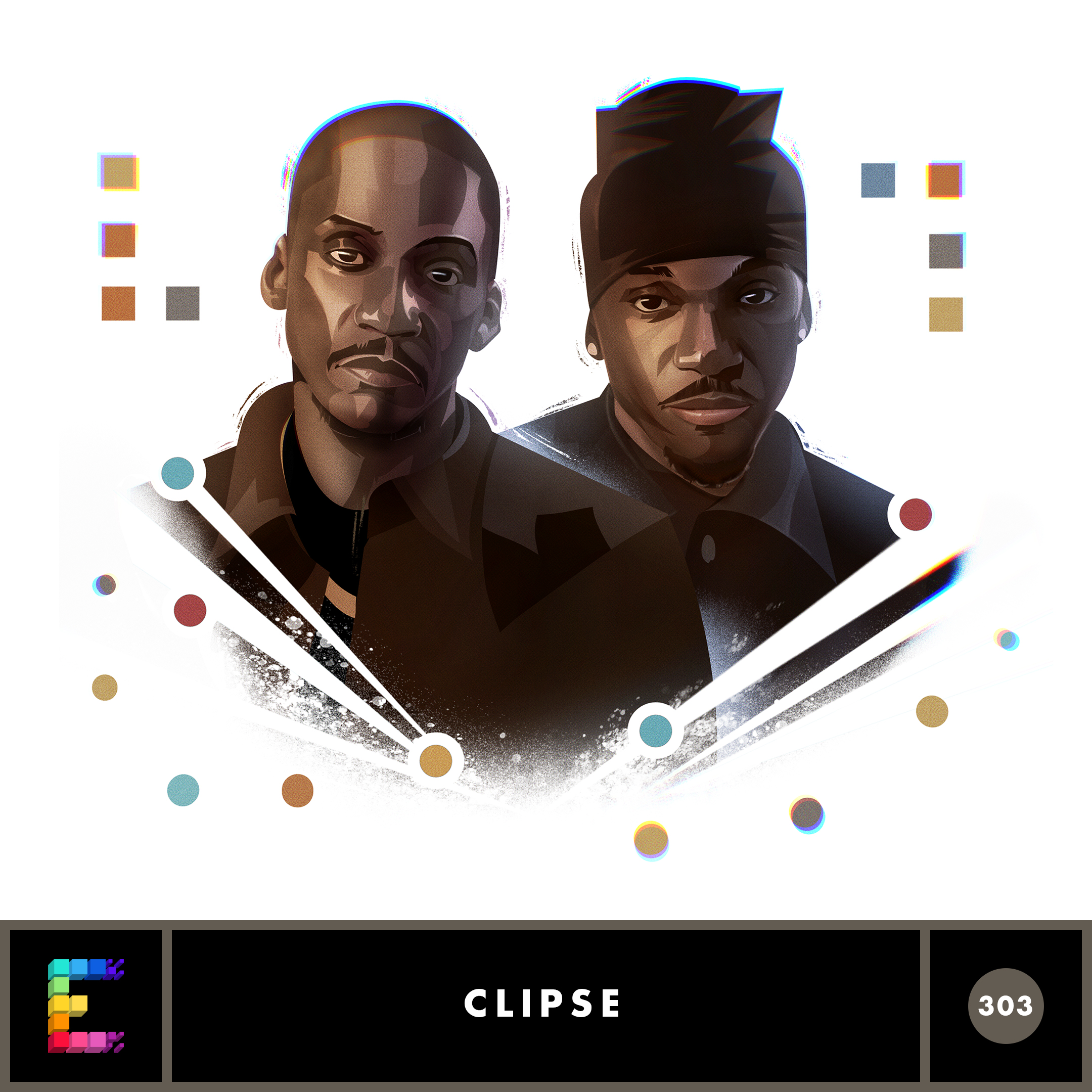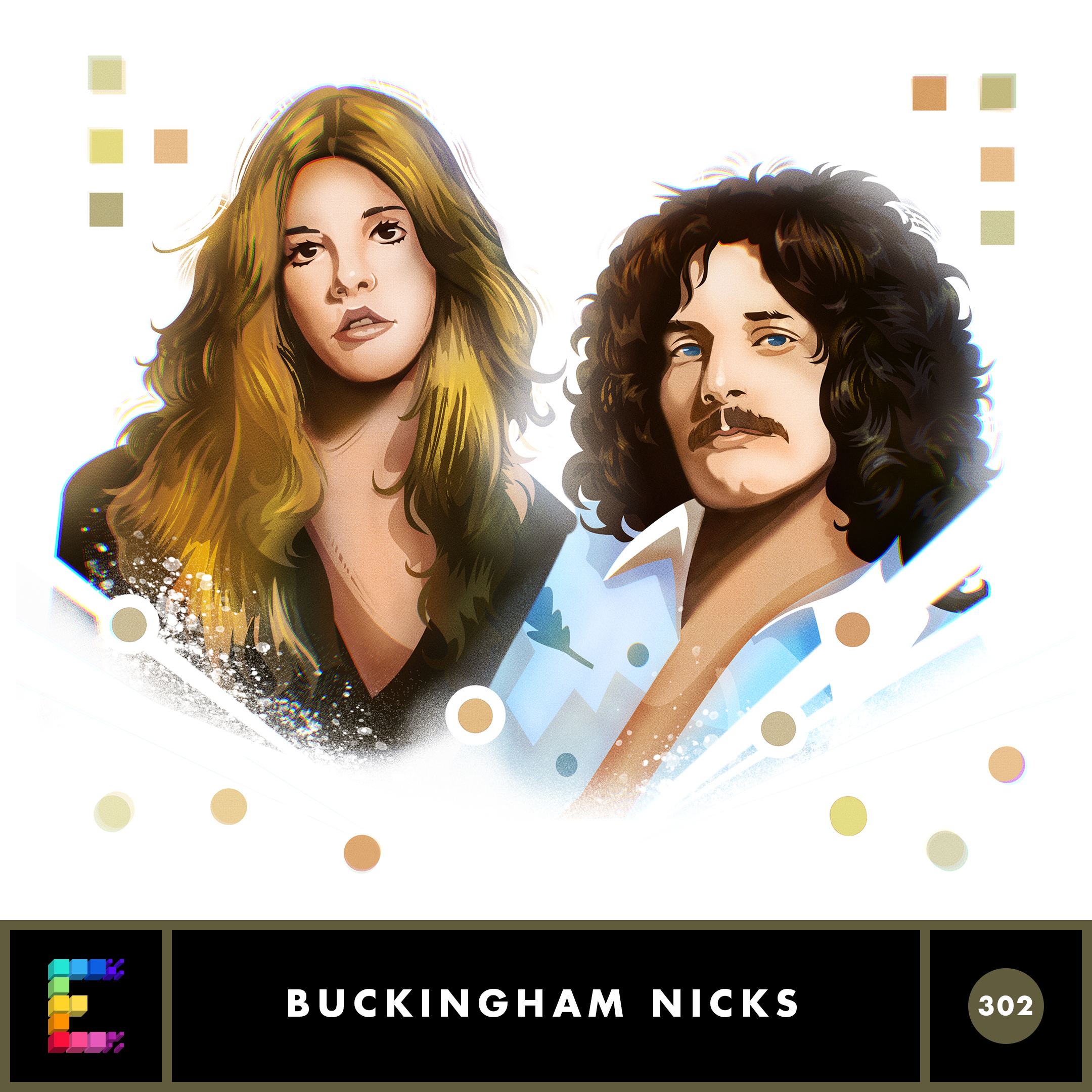Arooj Aftab - Mohabbat
One of the songs I keep coming back to is “Mohabbat” by Arooj Aftab. It’s really special to me. I listen to it all the time. I’ve been listening to it so often that I wanted to revisit Arooj's episode about it. In the time since the episode has come out, she has released a collaborative album with Vijay Iyer and Shahzad Ismaily called Love In Exile, which got two Grammy nominations. And she has a new album that’s about to come out on May 31st, called Night Reign. Here’s her episode:
Arooj Aftab is a singer and composer based in Brooklyn. She grew up in Saudi Arabia, but her family is from Pakistan. And earlier this year, she made history by becoming the first Pakistani artist to win a Grammy. Her song, “Mohabbat" won the Best Global Music Performance Grammy, and she was nominated for Best New Artist. "Mohabbat" was first released on her 2021 album, Vulture Prince, but it’s been a part of Arooj’s life for a long time . In this episode, she tells the story of how the song was first born, and how it lived with her and evolved over the years before she finally recorded it.
For more, visit songexploder.net/arooj-aftab.
Press play and read along
Transcript
Speaker 1 You're listening to Song Exploder, where musicians take apart their songs and piece by piece tell the story of how they were made. I'm Rishikesh, Hirway.
Speaker 1 This episode is brought to you by the new film Splitsville. It's a comedy about relationships and the messiness that comes with them, and it stars Dakota Johnson and Adria Arhona.
Speaker 1 It premiered at Cannes, where it got rave reviews, and it's distributed by Neon, and for me, that's huge, because I trust Neon the way that I trust my favorite record labels.
Speaker 1 I will definitely check out anything that they put their name on. So I'm looking forward to seeing this.
Speaker 1 Splitsville is already playing now in select theaters, and it'll be playing everywhere on September 5th.
Speaker 1 Song Exploder is sponsored by Quince, which is a great place to find clothes for the fall. Here in LA, it's pretty hot during the day, but then it always drops to the low 60s at night, even in August.
Speaker 1 So when I want to dress for the fall, even in the summer, I just wait for the evening.
Speaker 1 And then I put on this sweater that I got from Quince that has a sort of high collar with four buttons going up the neck. It's made from Mongolian cashmere and I really love it.
Speaker 1 And I know I'm going to be wearing it through the fall here in LA and when I'm traveling other places. Quince partners directly with Ethical Factories and they only sell direct to customers.
Speaker 1 So you get top-tier fabrics and craftsmanship at half the price of similar brands. So keep it classic and cool this fall with long-lasting staples from Quince.
Speaker 1 Go to quince.com slash song exploder for free shipping on your order and 365-day returns. That's q-u-in-ce-e.com slash song exploder for free shipping and 365-day returns.
Speaker 1 Again, it's quince.com slash song exploder.
Speaker 1
One of the songs I keep coming back to is Mahabat by Arujaf Thaab. It's really special to me.
I listen to it all the time.
Speaker 1 I've been listening to it so often that I wanted to revisit her episode about it.
Speaker 1 In the time since the episode's come out, she released a collaborative album with Vijay Ayer and Shahzad Ismaili called Love in Exile, which got two Grammy nominations.
Speaker 1 And she has a new album that's about to come out on May 31st called Night Rain.
Speaker 1 Here's her episode.
Speaker 1 Arujaf Dab is a singer and composer based in Brooklyn. She grew up in Saudi Arabia, but her family is from Pakistan.
Speaker 1 And earlier this year, she made history by becoming the first Pakistani artist to win a Grammy.
Speaker 1 Her song Mahabbat won the Best Global Music Performance Grammy, and she was nominated for Best New Artist.
Speaker 1 Mahabbat was first released on her 2021 album, Vulture Prince, but it's been a part of Aruja's life for a long time.
Speaker 1 In this episode, she tells a story of how the song was first born and how it lived with her and evolved over the years before she finally recorded it.
Speaker 2 My name is Aruj Aftab.
Speaker 2 Muhabbat Karnewale is this poem written by this guy Hafiz Hoshiarpuri. He was born in 1912 and he wrote this beautiful poem of which I've taken some lines and adapted them into my song Muhabbat.
Speaker 2 Many, many different singers from South Asia have rendered this poem to song over the course of time.
Speaker 1 This is legendary Pakistani singer Mehdi Hassan.
Speaker 2 I would consider it sort of like a South Asian standard, you know, like there are some pieces that are literally handed down and treated exactly the same way as jazz standards, and so I would say Mohabbat is one of them.
Speaker 2 The first time that I had ever really heard it, I think I was probably like seven or eight.
Speaker 2 My parents, who are like really huge music enthusiasts, you know, they would always have these sort of musical evenings. Like they would invite their friends over.
Speaker 2 They would sometimes invite like local musicians and singers over. It's called a mefil.
Speaker 2 And so I was sitting next to my father and he had his little like notebook where he had like poetry written down or lyrics written down, and he would sort of flip through it and then decide which song to sing for the evening or whatever.
Speaker 2 And I think that was the first time I interacted with it, was him actually singing it and seeing it written in his journal.
Speaker 2 I think it was not only the first time I heard the song, but also I think, like, as a kid, the first time I was really processing how cool music is and how amazing singing is. And so, my desire to
Speaker 2 make a really honest version of it has been there for a long time.
Speaker 2 In 2009 or 10, I was in Bushwick at a very close friend's house and she had this like beautiful rooftop.
Speaker 2 It was summertime in New York and two or three other friends were visiting from Karachi and we just went up to the roof, you know, with a bottle of wine and she had a ukulele.
Speaker 2
I was like, I can't really play anything on this. But, you know, it's like, yeah, we're going to sing something.
So I just kind of like finagled it into sounding like
Speaker 2 and then just playing one note over and over again. And I was like, yo, mohoba.
Speaker 2
So that was kind of it. It just took that.
And then I was like, okay, I'm flying, I'm flying, I'm flying, let's go, let's go, you know.
Speaker 2 I think that was the first time that a melody felt good enough in my head that I sang it. That was like exactly the step that I wanted to take and that I was kind of waiting for to happen organically.
Speaker 2 And so, you know, a bushwick rooftop and a ukulele and a bottle of wine and the door is open.
Speaker 2 I went on to write and record my first record, Bird Underwater, and I thought about Mabbet quite a bit, but I felt that it was not anywhere near ready. But I had started to play it live.
Speaker 2 This recording is from 2015. The band was upright bass, saxophone, keyboard, and drums.
Speaker 2 My musical collaborator is kind of like a rotating family of people that I love and trust with my music. And so sometimes it would be bass, drums, and acoustic guitar.
Speaker 2 I was just loving hearing what all it could be or not be, you know?
Speaker 2 I think we played it live for like
Speaker 2 probably five or six years, and my music collaborators changed a lot over that time as well. And so, it kind of has been doing its thing for a a while.
Speaker 2 That's kind of how much I cared about it, you know? Like, I just cared about it. I just wasn't happy with it ever.
Speaker 2 And then it finally, finally, after millions of years and many different arrangements and many different sonic iterations
Speaker 2 started to feel right.
Speaker 2 My harp player is Maeve Gilchrist.
Speaker 2 We went to school together, so I've been hearing her play for so long. We had played a duo a couple of times.
Speaker 2 I love playing duo with her because she doesn't play like really sweet and angelic, you know? It's like not pretty. Like she can get really metal.
Speaker 2 And I love that, you know, she can really like push it and break the norm of what you're expecting a harp to sound like.
Speaker 2 And so after playing it for so many years and then just playing it duo with Maev, like it kind of suddenly just became really clear to me
Speaker 2 Whenever I hear like one repeating note, that's like really exciting to me. My ethos is very like minimalism,
Speaker 2 but I still miss the acoustic guitar element of it.
Speaker 2 And so the guitar is by Gian Riley.
Speaker 2 Gian and Maeve created separate parts that lock together and they're playing so beautifully.
Speaker 2 If you had a harp, you wouldn't really put an acoustic guitar with it because they occupy such a similar space sonically.
Speaker 2 But I was like, Yeah, but that's what that's what I want to do. Like, I want it to feel like one part that two different people are playing.
Speaker 2 Like, it's a two-headed monster, and one arm is playing the guitar, and the other arm is playing the harp, and it's the same part.
Speaker 2 And then Shahzad just kind of followed.
Speaker 2 The synth is Shahzad Ismaili.
Speaker 2
He played Moog Synth on it. I was like, Shahzad, I want you to take like a crazy, really long, like storytelling solo in the middle and like, don't worry about time.
Just take that, like, epic solo.
Speaker 2 After playing it for myself for six years, to actually record it, I really, really needed the music to be like
Speaker 2 super expansive and very expressive.
Speaker 2 There are so many little moments that just come out of nowhere and surprise you.
Speaker 2 For example, Nadia's Flugelhorn.
Speaker 2 Her name is Nadia Nurtuis.
Speaker 2 She comes in, and I was just like, Man, you're just like the, you're like the color, like, you're like the sunrise.
Speaker 2 Then I sent it out to Jamie Haddad, who lives in Cleveland. He is a percussionist and drummer.
Speaker 2 He kind of invented the like alternative drum set where, like, instead of a snare, there's a jambe and like the sort of world drum kit. He's like a legend.
Speaker 2 But whenever I write to him, if I send you this tune, can you send me some stuff?
Speaker 2 And he's always just like, yeah, yeah, I'm down, I'm down. And he sent over a bunch of stems.
Speaker 2 And then we kind of like edited the percussion a lot, taking a lot out and making it the way that it is now with the jambayes going like
Speaker 2 it's accentuating certain key moments.
Speaker 2 And I loved the rhythm that Jamie is doing there on the zills, like the chuck, chuck, chat, chuck, chuck, chat, chuck, chuck.
Speaker 2
I was like, I just love that. I want that all over the the song.
But it was just like, no, no, no, let's kind of place it strategically.
Speaker 2 What I really, really wanted from the music of it was to kind of convey the emotion of the lyrics so that people who hear it do not have to rely on knowing the language.
Speaker 2 Mohabbat is in Urdu.
Speaker 2 The words that are in my mobet, let's just call it that.
Speaker 2 It's Mohabet Karnevale Kamna Hongge, Teri Mefilme Hamna Hongge.
Speaker 2 Teri
Speaker 2 mehe film
Speaker 2 leken
Speaker 2 Ham
Speaker 2 He means basically like
Speaker 2 there's many people around you who admire you, but I won't be a part of it.
Speaker 2 You'll have plenty of lovers, plenty of admirers, followers, people who respect you, that kind of thing, but I won't be one of them. So that's just like so fantastic.
Speaker 2 So he's kind of like after being like, I'm not gonna be in your hang anymore, peace, I'm out of here, he's actually really sad about it.
Speaker 2 You know, he's weighing the weight of the world against the weight of like losing this person.
Speaker 2 This is so romantic, you know, and just so
Speaker 2 big, which I really liked.
Speaker 2 So that's an interesting thing to introduce kind of later. I would still be aching to be with you, even if I did get a chance to be with you.
Speaker 2 So, you know, he kind of starts off by kind of giving you the impression that like this is something that he's walking away from.
Speaker 2 But then halfway through the song, you're like, oh, you actually like didn't ever even have a chance, dude.
Speaker 2 This is like totally all in your head. When I read that line, I was like, whoa, okay, I kind of think I've been there.
Speaker 2 Like, you're so into someone. And, you know, even if the opportunity to be with them is forming, you kind of self-sabotage because you think that they're like so bigger than you, you know?
Speaker 2 And that's something that is like such a subtle kind of thing to experience. And it's so difficult to put that in words.
Speaker 2 There's so much happening so simply in the lyrics that at this point I was like, okay, I'm just gonna like go back to the opening lines and then kind of get out of here.
Speaker 2 I've always really loved this poetry for this reason, like, and I've always felt that there's like so much more happening here between these lines.
Speaker 2 It is an iconic thing in our history and culture for sure of music and poetry.
Speaker 2 I'm not comparable to any of the legends who like sang this
Speaker 2 but I'm glad to be part of the conversation because it is what I did with it
Speaker 2 is like a thing of its own.
Speaker 2 There was this music that I've always been wanting to make which would really gracefully and respectfully and deeply combine all of my roots from different places and all of the things that I love about music.
Speaker 2 And this music is personal to my experience of life
Speaker 2 being from Pakistan and then studying jazz and then living in New York.
Speaker 2 Mohabut is kind of like the friend that stays with you for like all of the years, really, you know.
Speaker 1 Coming up, you'll hear how all these ideas and elements came together in the final song.
Speaker 3
This show is supported by Odoo. When you buy business software from lots of vendors, the costs add up and it gets complicated and confusing.
Odoo solves this.
Speaker 3 It's a single company that sells a suite of enterprise apps that handles everything from accounting to inventory to sales. Odoo is all connected on a single platform in a simple and affordable way.
Speaker 3 You can save money without missing out on the features you need. Check out
Speaker 3 at odoo.com. That's odoo.com.
Speaker 3 Support for this podcast and the following message come from Sutter Health.
Speaker 3 Cancer diagnosis can be scary, which is why Sutter's compassionate team of oncologists, surgeons, and nurses work together as one dedicated team, providing personalized care for every patient.
Speaker 3 It's a whole cancer team on your team. Learn more at Sutterhealth.org.
Speaker 1 And now, here's Mohambat by Arujaf Thaab in its entirety.
Speaker 1 Mohabba,
Speaker 1 Kadene
Speaker 1 Val
Speaker 1 Kam
Speaker 1 La
Speaker 1 Hong
Speaker 1 Mohab
Speaker 1 Karene
Speaker 1 Wale
Speaker 1 Kam La
Speaker 1 Oge
Speaker 1 I'm afraid of the world.
Speaker 1 So morning
Speaker 1 brother,
Speaker 1 you're the good thing I've
Speaker 1 Ye o mu hoga
Speaker 1 dokitene
Speaker 1 o na
Speaker 1 o ge
Speaker 1 Terime fela
Speaker 1 men
Speaker 1 leken
Speaker 1 Oh
Speaker 1 na
Speaker 1 o
Speaker 1 mil pi ja
Speaker 1 Agar
Speaker 1 it the fakan
Speaker 1 milpi ja
Speaker 1 Teri
Speaker 1 for the girl
Speaker 1 Que sad me
Speaker 1 kam
Speaker 1 na
Speaker 1 hong
Speaker 1 Teri mehe fel
Speaker 1 me
Speaker 1 le kin
Speaker 1 Hum
Speaker 1 na
Speaker 1 hong
Speaker 1 Mohaba
Speaker 1 Karen
Speaker 1 Mole
Speaker 1 Kam
Speaker 1 Nge
Speaker 1 Muhov
Speaker 1 Amna Hong
Speaker 1 Teri me fill
Speaker 1 me
Speaker 1 Ham
Speaker 1 To learn more, visit songexploder.net. You'll find links to stream or download Mahabbat.
Speaker 1 This episode was originally produced by me, Craig Ely, Casey Deal, Kathleen Smith, and Chloe Parker. The reissue was produced with additional help from Mary Dolan.
Speaker 1 The episode episode artwork is by Carlos Lerma, and I made the show's theme music and logo.
Speaker 1 Song Exploder is a proud member of Radiotopia from PRX, a network of independent, listener-supported, artist-owned podcasts. You can learn more about our shows at radiotopia.fm.
Speaker 1 If you'd like to hear more from me, you can sign up for my newsletter on my website, rishikesh.co.
Speaker 1 You can find me and SongExploder on Instagram, and you can get a Song Exploder t-shirt at songexploder.net slash shirt. I'm Rishikesh Hirway.
Speaker 1 Thanks for listening.
Speaker 1 Radiotopia
Speaker 1 from PRX.
Speaker 1 This episode of Song Exploder is brought to you by Booking.com. Booking.ya.
Speaker 1 From vacation rentals to hotels across the U.S., Booking.com has the ideal stay for anyone, even for those who might seem impossible to please.
Speaker 1 Whether you're booking for yourself, your partner, your dad, your group of friends, whoever it is, you can find exactly what you're booking for at booking.com. Booking.com, booking.yeah.
Speaker 1 Book today on the site or in the app.





